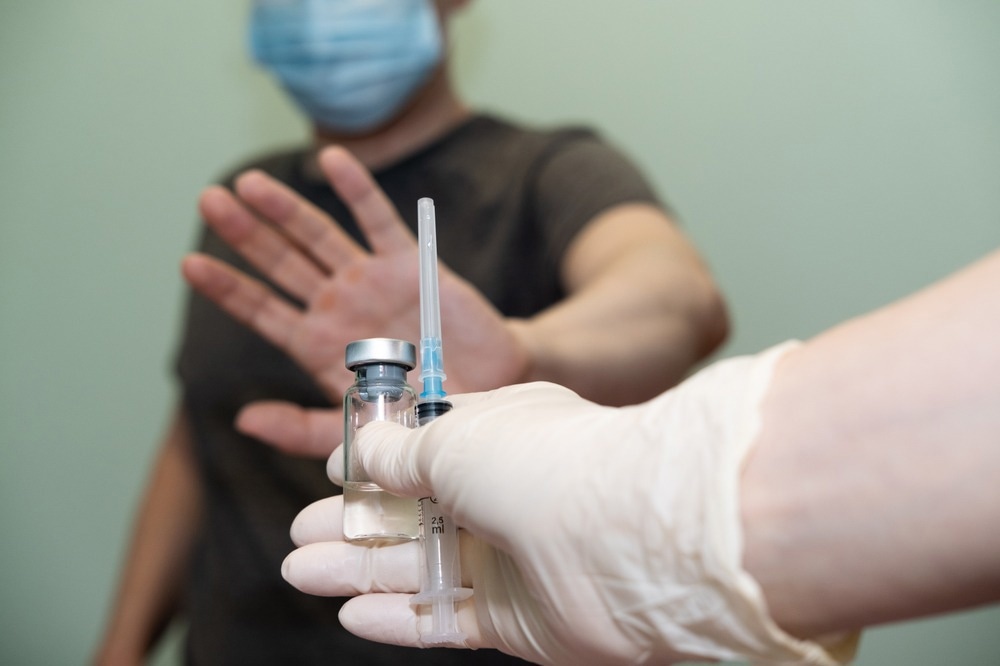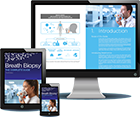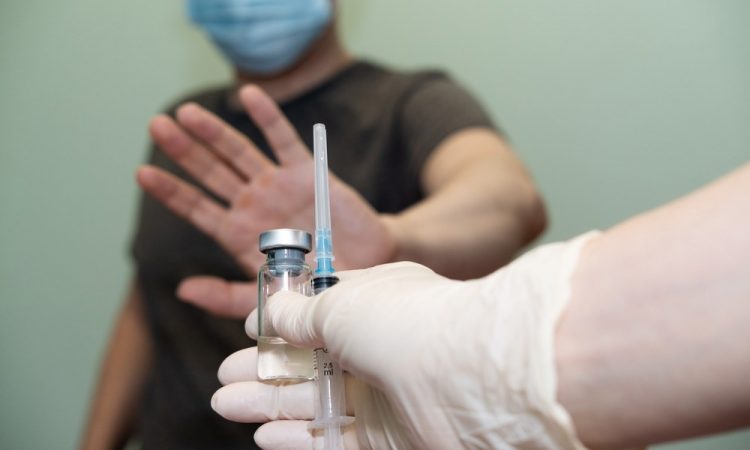To date, the severe acute respiratory syndrome coronavirus 2 (SARS-CoV-2), the causal agent of the ongoing coronavirus disease 2019 (COVID-19) pandemic, has claimed more than 6.8 million lives worldwide.
An effective COVID-19 vaccine is a powerful tool to contain the current pandemic. At present, several vaccines are commercially available in many countries throughout the world; however, the potential for vaccine fatigue has raised concerns in the scientific community.

Breath Biopsy®: The Complete Guide eBook

Study: Determinants of COVID-19 vaccine fatigue. Image Credit: Anishka Rozhkova / Shutterstock.com
Background
When COVID-19 vaccines were initially approved for the general public, clinicians confronted a staggering level of vaccine hesitancy, which substantially decreased vaccination rates. However, over time, the rate of vaccine hesitancy plateaued and eventually reduced.
A significant reduction in urgency to receive COVID-19 booster vaccination has been observed, with this dip in enthusiasm otherwise known as vaccine fatigue or booster fatigue.
Vaccine fatigue has previously been reported during the spread of the influenza virus, which caused many unnecessary deaths. Based on evolving evidence, it is highly likely that a COVID-19 booster or seasonal vaccination will be necessary to prevent waning immunity and provide effective protection against newly emerging SARS-CoV-2 variants.
It is imperative to address the problem of vaccine hesitancy or fatigue to prevent serious consequences for the healthcare system. More research is urgently needed to better understand the incidence of COVID-19 vaccine fatigue to formulate effective interventions and ultimately improve booster acceptance across the world.
About the study
A recent Nature Medicine study determines whether new vaccination campaigns must be adopted for primary and booster vaccination. The researchers of the current study also explored effective interventions to enhance vaccine acceptance in the future.
Two conjoint experiments were designed based on Austria and Italy to assess future vaccination intentions and related behaviors. These experiments investigated a wide range of factors that influence vaccine acceptance.
A survey was conducted in the early summer of 2022 to provide scientific evidence to design more effective vaccination campaigns in the future. The survey results were analyzed to determine whether one-size-fits-all (uniform approach) or group-specific features should be considered (tailored approach) to reduce vaccine fatigue.
Study findings
In addition to vaccine hesitancy, vaccine fatigue is growing throughout the world, which is a major concern due to waning immunity and the emergence of new SARS-CoV-2 variants. This highlights the importance of booster vaccination. The current study provides evidence on how to increase vaccine uptake amidst increasing levels of vaccine fatigue.
It was noted that additional variations in the vaccination strategy should be implemented among individuals who did not receive the first booster dose and those who received triple vaccination. Thus, additional group differences must be considered while designing vaccination campaigns. Interestingly, cross-country differences were lower, particularly in the context of awareness of long COVID.
Most candidates from Austria and Italy who attended vaccination campaigns received at least one dose of a COVID-19 vaccine. Community-based vaccination campaigns promoted the importance of being together to overcome the crisis, which effectively enhanced the intention for vaccination in vaccination groups. Notably, making vaccination mandatory and the implementation of other legal rules, such as vaccine passports, undermined trust in the vaccine.
People who were vaccinated once or twice were encouraged by incentives of cash, vouchers, and new vaccines. Nevertheless, more awareness about heterologous vaccinations and for federal approval of new non-messenger ribonucleic acid (mRNA) vaccines as boosters is needed.
Enhanced communication through expert consensus or celebrities did not impact vaccination rates. Overall, a growing tendency to avoid information related to the COVID-19 pandemic was observed.
An increased cost sensitivity was reported among the triple vaccinated. Cost-free, easy access and availability, as well as increasing awareness could effectively reduce vaccine fatigue.
Conclusions
The current study recommends that vaccination campaigns be tailored based on the vaccination status of individuals. There remains an urgent need to formulate new incentives and design novel strategies for vaccination campaigns, particularly for those who have received three COVID-19 vaccine doses.
- Stamm, T.A., Partheymüller, J., Mosor, E. et al. (2023) Determinants of COVID-19 vaccine fatigue. Nature Medicine. doi:10.1038/s41591-023-02282-y
Posted in: Medical Research News | Disease/Infection News | Healthcare News | Pharmaceutical News
Tags: Coronavirus, Coronavirus Disease COVID-19, Fatigue, Healthcare, immunity, Influenza, Medicine, Pandemic, Research, Respiratory, Ribonucleic Acid, SARS, SARS-CoV-2, Severe Acute Respiratory, Severe Acute Respiratory Syndrome, Syndrome, Vaccine, Virus

Written by
Dr. Priyom Bose
Priyom holds a Ph.D. in Plant Biology and Biotechnology from the University of Madras, India. She is an active researcher and an experienced science writer. Priyom has also co-authored several original research articles that have been published in reputed peer-reviewed journals. She is also an avid reader and an amateur photographer.
Source: Read Full Article
